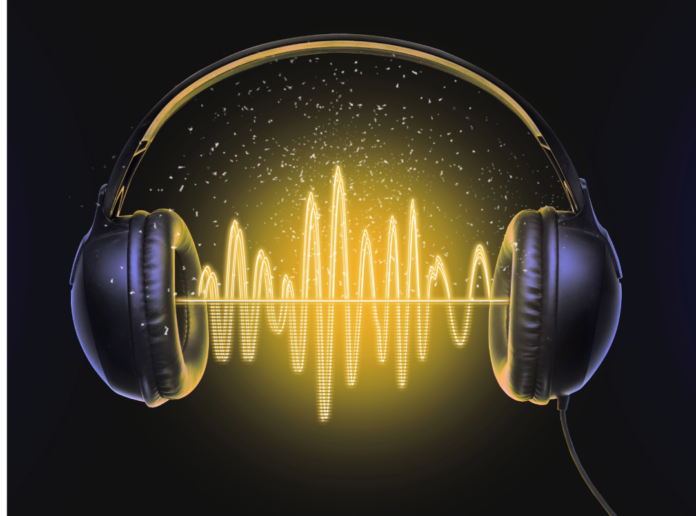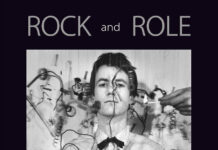Learn what the studies say about the psychological effects of rock music on people
Rock music is known for its bold beats and electrifying guitar riffs. From Elvis Presley to today’s artists, rock and roll has always dragged crowns. But it does more than fill arenas; it deeply affects the minds and moods of its listeners. So, as a National Casino player, self-knowledge is the difference of a conscious choice.
Over the years, many studies have tried to explore these psychological effects. They look into how this music genre changes moods, evokes emotional responses, and influences cognitive functions in its fans.
Rock songs and their frequencies
Rock music typically uses a frequency range that strongly affects the body and mind. Most rock songs have prominent bass and guitar parts within the low to mid-frequency range (about 50 to 1000 Hz). These frequencies can be felt as vibrations as well as heard. They resonate with the body. This physical sensation can trigger the release of endorphins, the body’s natural painkillers and mood lifters. This contributes to the euphoria often felt during live rock concerts. Rock music also has high decibel levels. These can increase arousal and excitement. However, too much exposure to loud sounds can harm hearing. It shows the need for careful listening habits.
Therefore, the specific frequencies and loudness of rock music not only create its unique sound but also influence its emotional and physical effects on listeners.
Mood Alterations and Emotional Responses
One of the most immediate effects of rock music is its ability to alter mood. Research shows that rock music can trigger many emotional responses. These range from exhilaration and excitement to contemplation and sadness. The fast pace and strong rhythms often boost energy and arousal. This can help with physical activities or tasks that need stamina, as it can lead to an adrenaline rush.
Rock ballads with slower tempos and softer sounds tend to bring on calmer, more reflective feelings. For example, the acoustic parts of some classic rock ballads can calm nerves and lessen stress. This shows how versatile rock music is in changing moods.
Emotional Catharsis and Relief
Rock music provides a form of emotional catharsis. It creates a safe space for listeners to express their feelings. The themes in the music vary from heartbreak and rebellion to joy and triumph. This is especially important for adolescents and young adults, who face complex emotions. Songs that express angst, frustration, or loneliness can help them constructively process these feelings.
The intense energy of a rock performance, live or recorded, also offers a release. Actions like jumping, head-banging, or tapping to the beat can act as a physical release for emotional stress. This effect is well-supported by psychological theories and real-life examples.
Cognitive Effects and Brain Stimulation
Rock music affects cognitive functions in various ways beyond its emotional impact. Brain imaging studies have revealed that listening to rock music activates brain areas related to hearing, memory, and managing emotions.
Additionally, the complex structure of many rock songs demands active mental involvement. These songs often vary in tempo, change keys, and feature complex lyrics. This requires listeners to engage more deeply than simple passive listening. Such active participation can improve cognitive abilities like spatial reasoning and memory recall.
Social Connectivity and Identity Formation
Rock music is key in socialization and forming identities. Many people use their music preferences to find social groups and connect with others who share similar tastes. Rock music’s varied history and subgenres offer many niches for fans. These can provide a sense of belonging and community.
Moreover, rock lyrics often touch on universal themes like love, injustice, and personal struggle. These themes can deeply resonate with people, especially during important times in their development. This resonance can help shape or reinforce their identities as they see reflections of themselves in the music.
Therapeutic Applications
Recognizing its deep impacts, some therapists now use rock music in their practices. Music therapy that includes rock can be very effective for clients who connect with its energy and themes. These sessions might discuss song lyrics to help express personal stories. They could also play rock music to assist clients in expressing tough emotions.
Rock as a way to find mental health
The psychological effects of rock music are as varied as the genre itself. It enhances moods, provides emotional release, stimulates the mind, and helps with social bonding. As research continues, the potential for using rock music in therapy increases. This could greatly improve emotional and mental health.
In summary, rock music is well-known for its cultural and artistic value. However, it also has strong psychological effects that can uplift, calm, energize, and heal. From the deep emotions of a powerful ballad to the shared happiness of a live concert, rock music’s impact on psychology is deep and lasting. This confirms its status as a key form of musical expression.


















